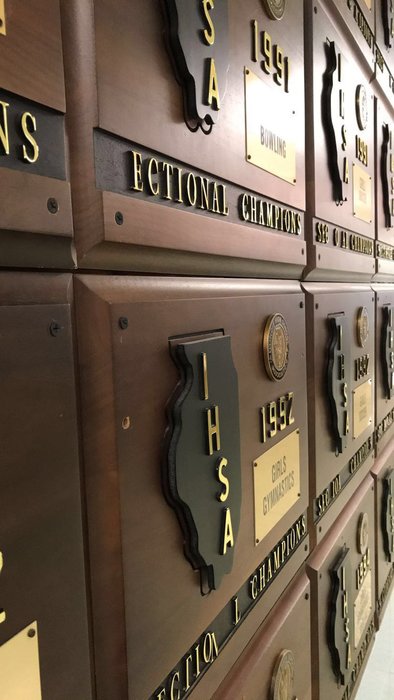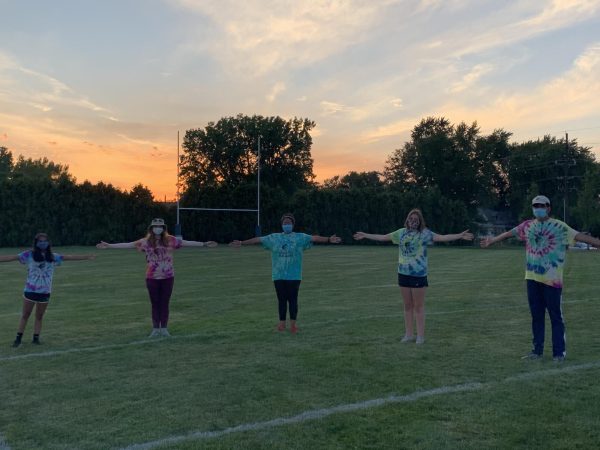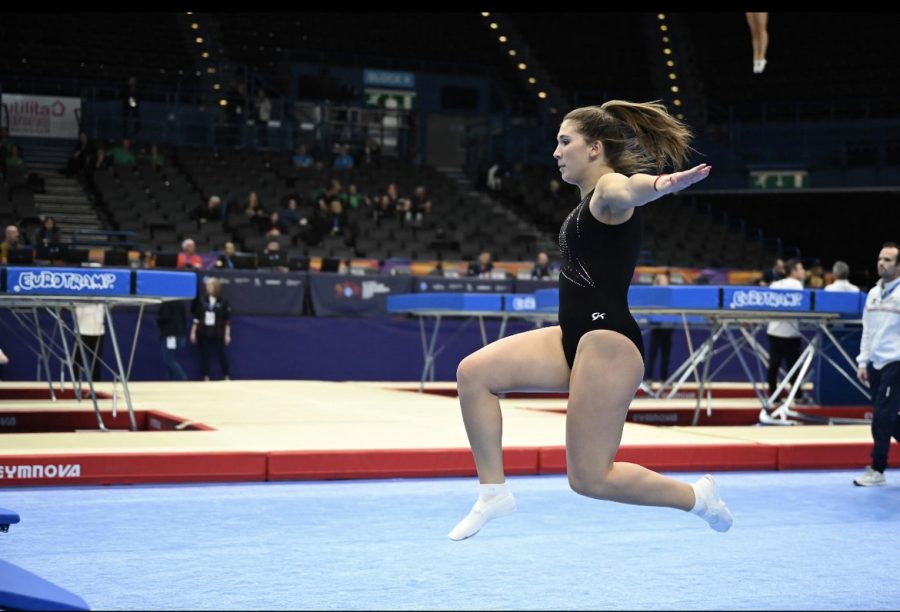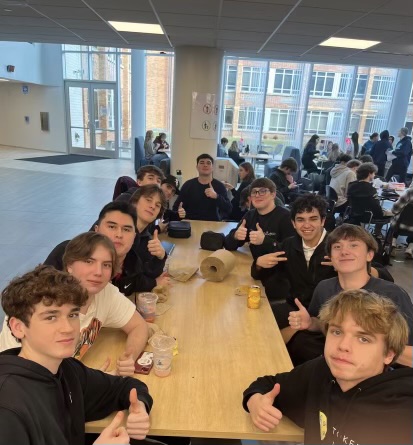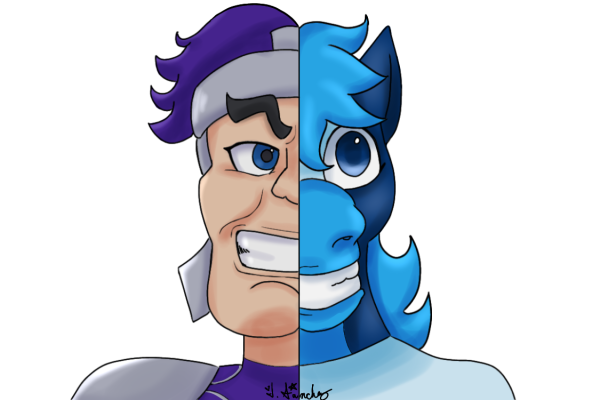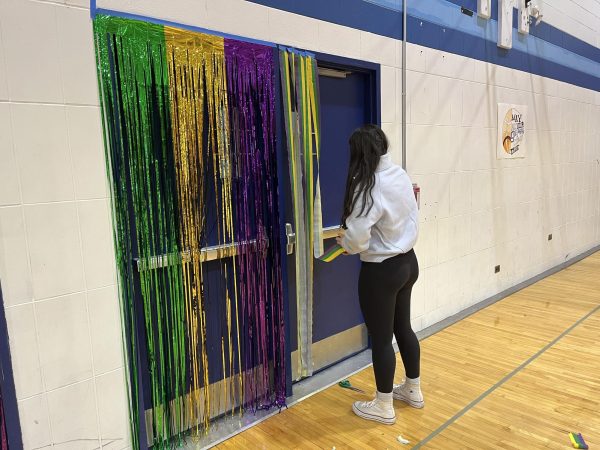Very superstitious: DGS students share their athletic rituals
Athletic superstitions are common, but often times unchangeable rituals that athletes feel the need to perform before partaking in their desired sport or activity. No one can fully explain why people perform the rituals they do besides the fact that it allows them the satisfaction of feeling like they are in control and able play or compete to their full potential.
To get a better understanding of what athletic superstitions are and why they exist, Psychology teacher Kathleen Meeks shared her knowledge on the topic and described how superstitions can be considered a form of anxiety — more specifically a small form of OCD (Obsessive Compulsive Disorder).
“It’s an aspect of obsessive compulsive disorder. It doesn’t necessarily mean you have the disorder when you have a superstition, but it’s in that area, it’s on that spectrum,” Meeks said.
Meeks further elaborated by explaining the relationship between superstitions and anxiety.
“Anxiety is all about feeling out of control and the need to feel in control, and that’s why you get nervous and anxious. OCD manifests itself when we want to control that anxiousness, so if I feel like this thing that I did [the superstition] will make me play better, I’m going to do it [the ritual] over again,” Meeks said.
Senior Jami Leach is one of many DGS student-athletes that can attest to this statement.
Leach played basketball her freshman and sophomore year. It wasn’t until her sophomore year that she started her superstition of getting her hair braided before every game. Leach shared why she felt the need to perform this task during her basketball career.
“I never used to braid my hair before a game. My friend Naomi braided my hair for the first time and we won the game, and then I had to do it the next game and we won again, so I kind of just kept doing it after the second time,” Leach said.
Senior DGS Wrestler Jacob Holous also shared his experience when dealing with pre-match superstitions.
“When I go to tournaments for wrestling or duals, I always wear the same clothing throughout the whole year [season]. Even if I wrestle the day before, I wash the clothes and wear it the next day. Then food, I always bring the same food to eat after weigh-ins and drink the same stuff throughout the day in belief that if I break any of that [ritual] I lose [my match].” Holous said.
However, not all superstitions are as simple as Leach’s braiding of the hair or Houlous’ wardrobe. Superstitions can be more complex, long and precise — like DGS football player Keiran Burke.
“The night before football games, I go to linebacker night with all the linebackers at Chili’s. I get chips and salsa then a steak with two sides of fries. Then, we go watch hockey at the Darien Sportsplex, then I go home and put on American flag short-shorts and watch two episodes of Blue Mountain State,” Burke said.
Burke also shared how he started performing the superstition and why it’s stuck with him.
“It started sophomore year when we won the first two games on pure luck and I realized I did the same thing both those Thursday nights, and just continued to do it [my superstition] all the way through my senior year,” Burke said.
Senior volleyball player James Mahlan also shared his specific superstition, but instead of performing the ritual before his games, he performs it while playing.
“Every time I go back to serve in a game or practice I bounce the ball three times, spin the ball in my hands twice, and then serve,” Mahlan said.
Mahlan has been performing this superstition for eight years. Mahlan described how the superstition started and why he feels the need to do this before every single serve.
“I thought to improve the consistency of my serve I should do the same thing each and every time I step behind the line … I continue this ritual because it helps me remember all of my mechanics while serving. Everything becomes muscle memory almost,” Mahlan said.
When asked if the superstitions were detrimental enough to affect their ability to play during an actual game, Leach, Burke and Mahlan shared their responses.
“I think I would be able to perform normally, but in my head I would probably freak myself out a little bit, but I think I would be fine.” Leach said.
“I feel like I would be able to perform normally, but I would feel like something is missing,” Burke said.
“Sometimes I can get away with not performing my pre-serve ritual but if I do, everything just feels off. But when I do do [perform] it [the superstition], I have a lot more confidence in myself to perform at my highest potential,” Mahlan said.
Athletic superstitions are unusual rituals that have been around for years, and will probably never go away. In the meantime, ask your friends and family if they’ve ever had any — you just might be surprised at their response.


